

This comprehensive guide explores the world of tapping screws, covering their types, applications, and selection criteria. Learn how to choose the perfect tapping screw for your project, ensuring a secure and reliable fastening solution. We'll delve into the specifics of material, thread type, and head style to help you make informed decisions.
A tapping screw, also known as a self-tapping screw, is a type of screw designed to create its own thread in the material it's being screwed into. Unlike machine screws that require a pre-tapped hole, tapping screws cut their own thread as they are driven, making them a convenient and efficient fastening solution for a wide range of applications. This eliminates the need for pre-drilling or tapping, saving time and effort. This makes them incredibly versatile for DIY projects and professional applications alike.
Tapping screws are available in various materials, each with its own strengths and weaknesses. Common materials include:
The thread type significantly impacts the screw's holding power and suitability for different materials:
The head style determines the screw's appearance and how it interacts with the workpiece:
Choosing the correct tapping screw involves considering several factors:
Tapping screws find widespread use in various applications, including:
For a wide selection of high-quality tapping screws, consider exploring suppliers with a proven track record of excellence. Look for suppliers who offer a variety of materials, thread types, and head styles to meet your specific project needs. For reliable sourcing of industrial-grade fasteners, consider contacting Hebei Muyi Import&Export Trading Co.,Ltd – a company dedicated to providing superior fastening solutions. They are a leading provider of various fasteners, including high-quality tapping screws, known for their quality and reliability.
| Screw Material | Corrosion Resistance | Strength | Cost |
|---|---|---|---|
| Steel (Zinc-plated) | Moderate | Good | Low |
| Stainless Steel (304) | High | Excellent | Medium |
| Stainless Steel (316) | Very High | Excellent | High |
| Brass | Good | Moderate | Medium |
Remember to always select the appropriate tapping screw for your specific application, considering the material, thickness, and required strength of the workpiece. Proper selection ensures a secure and durable fastening solution.

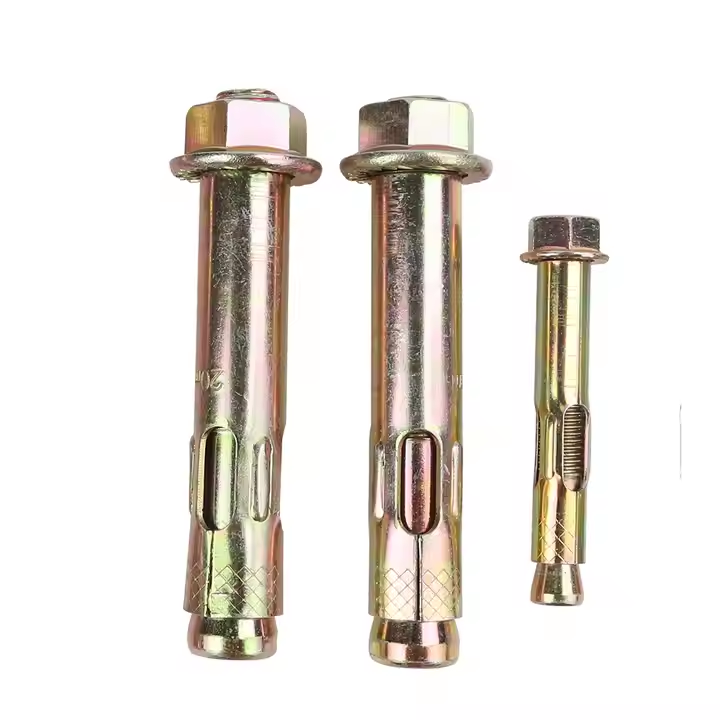


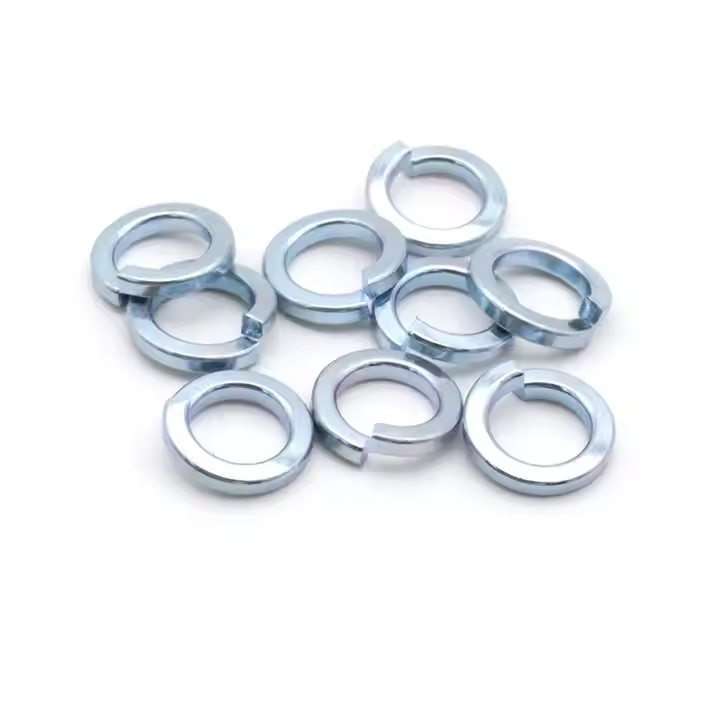
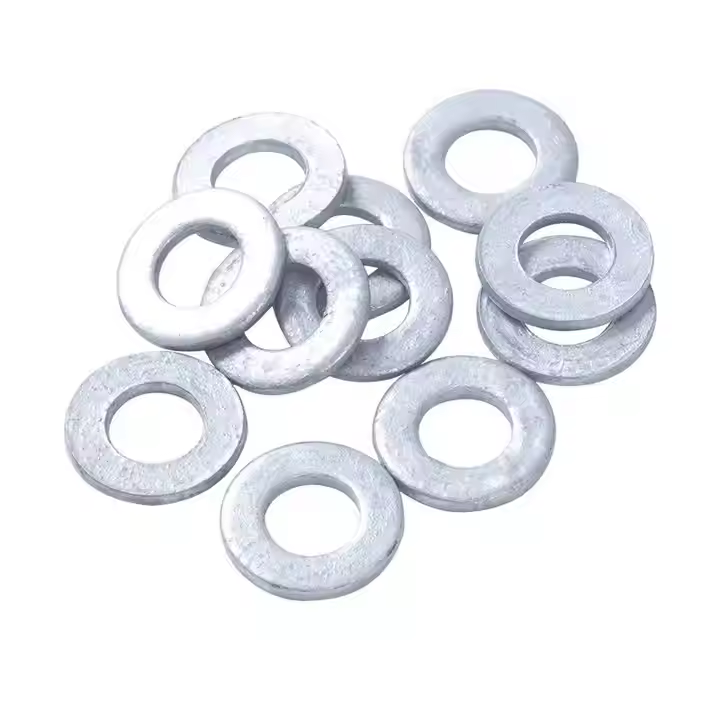
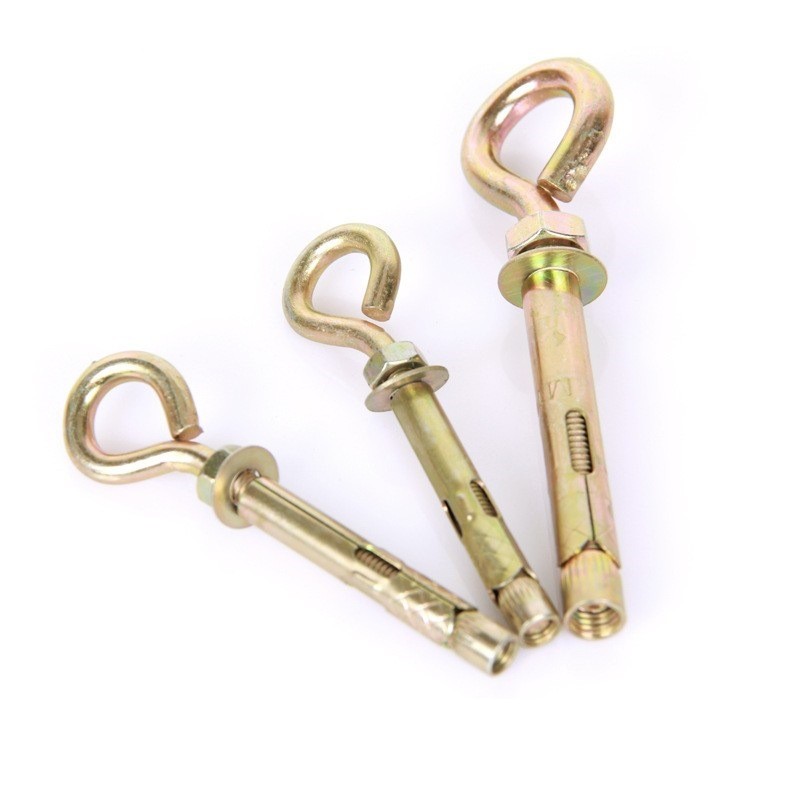


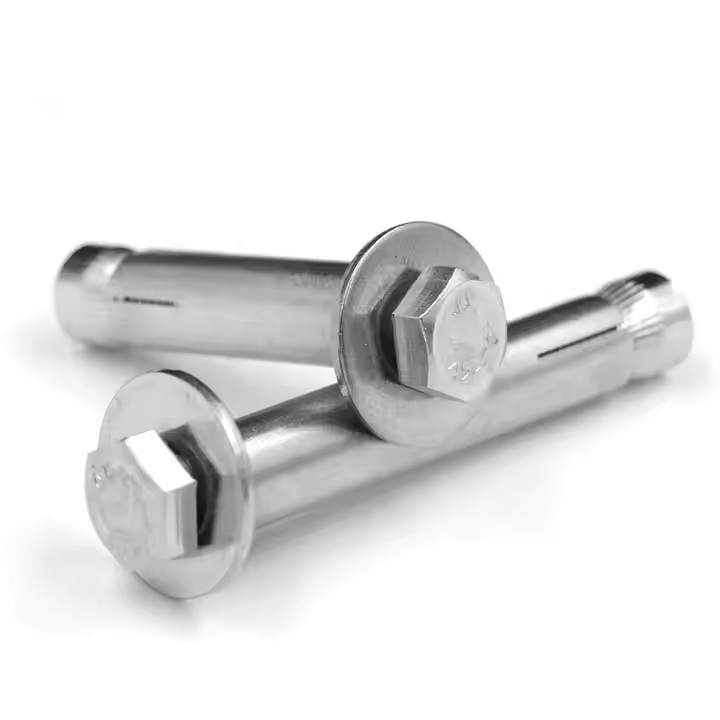
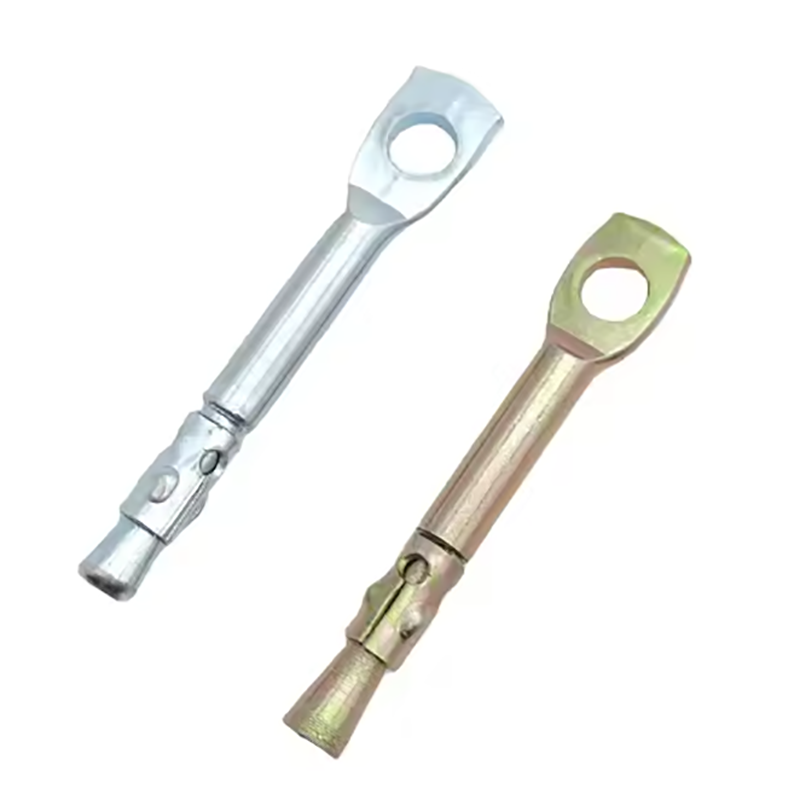


Please enter your email address and we will reply to your email.